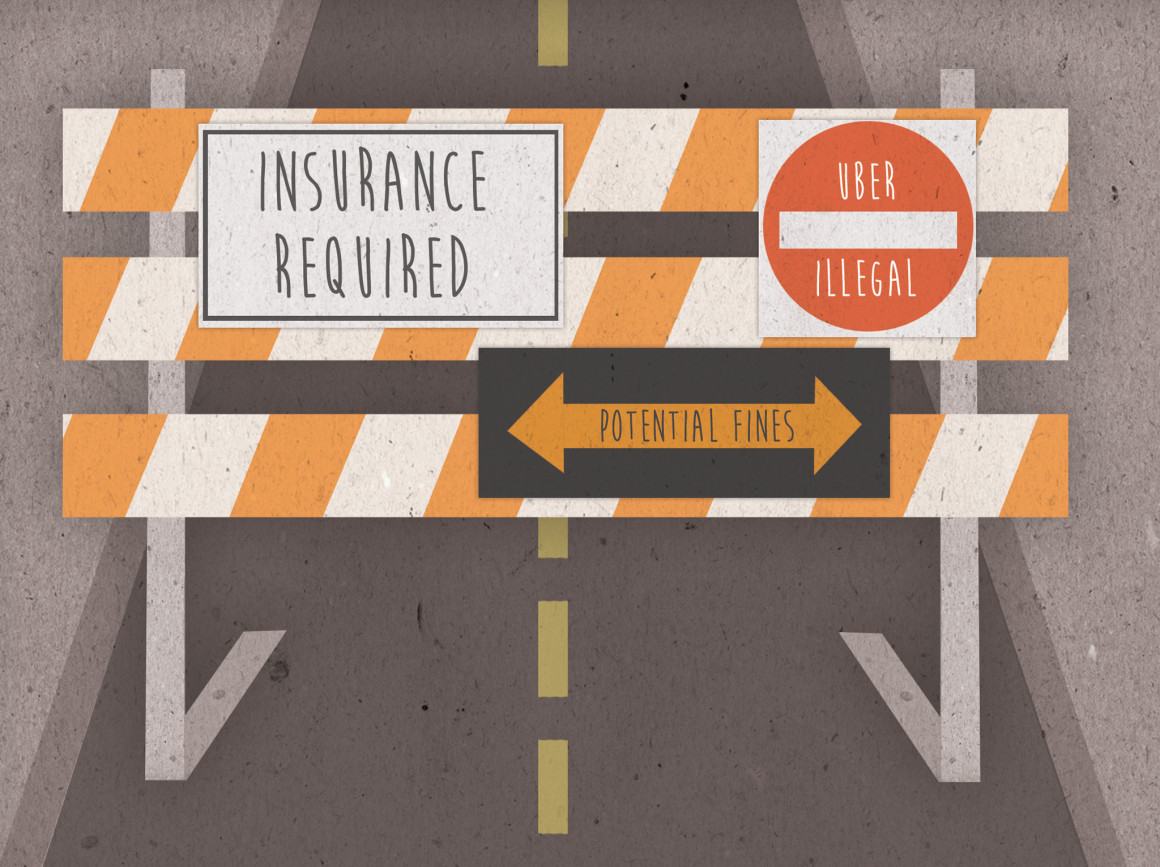
City council waited too long to legislate ridesharing services
Calgary Mayor Naheed Nenshi told citizens that Uber drivers are breaking the law after the app-based ridesharing service launched in Calgary last week. The city said it will fine Uber drivers up to $4,500 if they are caught picking up passengers.
Uber Canada promised to pay any fines charged to their 500 Calgary drivers. According to their website, Uber now operates in over 340 cities in 60 countries worldwide. In Canada, the company operates in a number of cities, including Toronto, Montreal and Quebec City.
Uber’s arrival in Calgary was inevitable. The company has relentlessly expanded into any market where there is sufficient demand. Anybody who regularly tries to get a cab on a weekend evening knows Calgary is such a city.
The popular ridesharing service launched in Edmonton in December 2014, making it even more obvious Calgary was one of Uber’s next targets. City council has no excuse for not being prepared.
Yet no legislation has been passed to regulate Uber’s inevitable arrival, forcing the mayor to grandstand about its legality and threaten its drivers with fines.
Council rejected a proposal to eliminate restrictions on limo services that would have allowed a luxury version of Uber to operate. Councillors instead resorted to their favourite tactic when facing a difficult issue — asking bureaucrats to study the various options and present them when council meets on Nov. 16.
While this process can yield positive results, it started way too late. Had city council been more proactive, it could have passed some basic regulations before Uber entered the market, dealing with some of the very real safety concerns surrounding the service.
Instead, they will have to try and pass something while Uber is already up and running, making councillors’ task much more difficult. Had regulations on licensing and insurance for drivers already been in place, Uber would have had the opportunity to comply as it entered the market.
If the company didn’t, Nenshi telling drivers they are breaking the law would have carried much more weight. Instead, Uber drivers’ transgressions appear to be more a result of council dragging their heels than any unreasonable action on Uber’s part.
And now that Uber is here, any attempts by council to block or legalize the service will create an instant controversy. Calgarians suddenly finding it easier to get a ride home after downtown bars close will be pitted against taxi drivers looking to protect their livelihoods.
Edmonton is currently going through that same messy process. In a September council meeting, cab drivers chanted in protest of a new proposed bylaw. Calgary is likely to see similar scenes if council makes any attempt to legalize and regulate ridesharing services.
Regardless of when council dealt with the issue, there would have been pushback. Now, each new proposal will receive more attention and discussions will become increasingly emotionally charged.
Uber is able to operate in 340 cities for a reason — they provide a service that is clearly needed. The city had more than enough time to prepare for Uber’s arrival. Had council had the foresight to accomplish something before Uber made its debut in Calgary, we would have been spared what is likely to be a major controversy in the coming months.
Instead, all sides are gearing up for a fight. Regulating Uber just became a lot more difficult.
Fabian Mayer, Gauntlet Editorial Board
